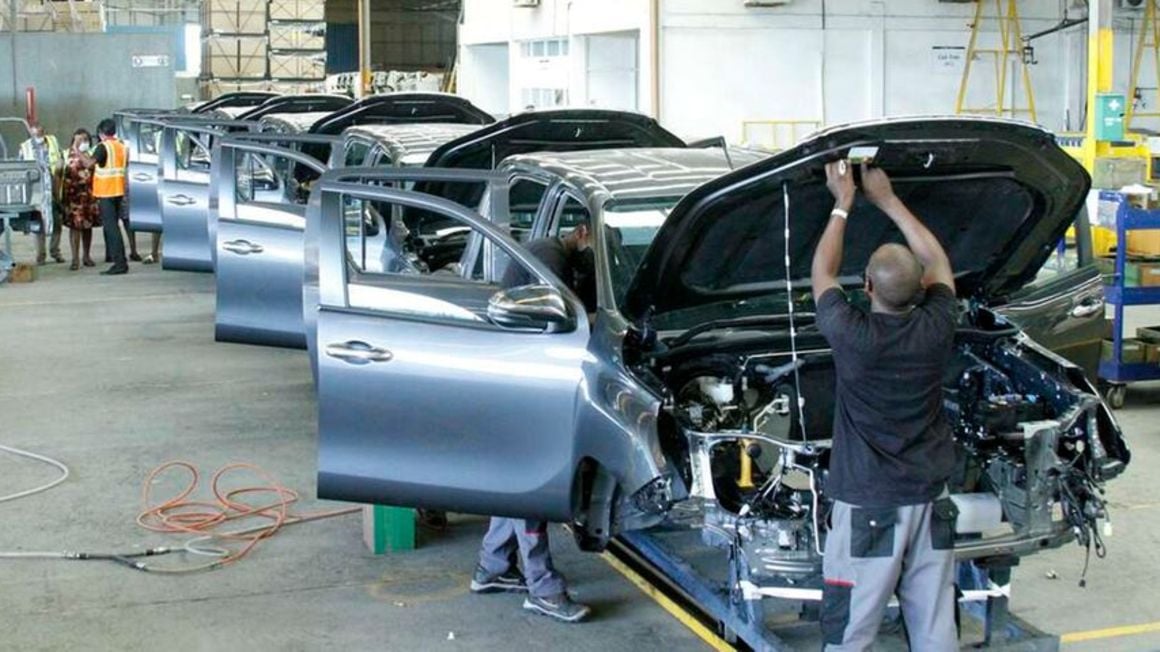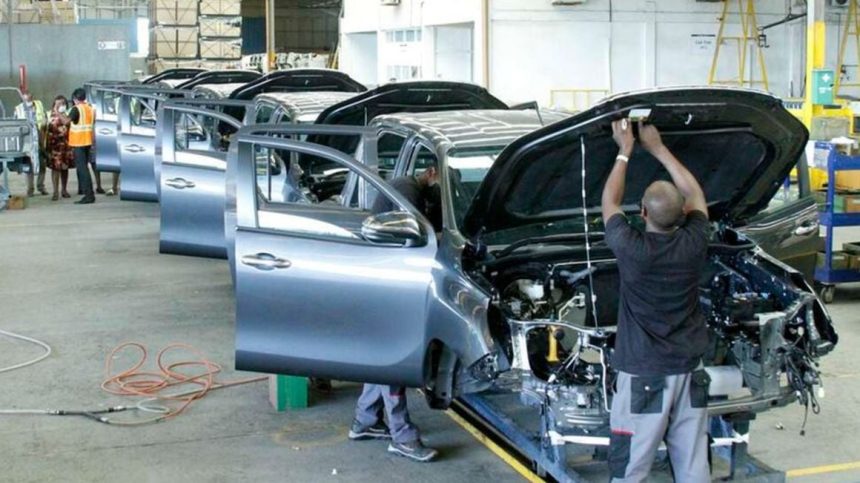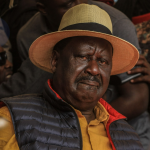The volume of vehicles assembled dropped 12.5 percent in the seven months to July, signalling continued weakened demand for new vehicles.
Data from the Kenya Motor Vehicle Industry Association shows that the assemblers led by Isuzu East Africa, Associated Vehicle Assemblers (AVA) and Kenya Vehicle Manufacturers (KVM) produced a total of 5,147 units in the review period.
This was down from 5,888 units a year earlier.
Locally assembled vehicles now account for the bulk of new vehicles sold in Kenya, with the decline in output at the plants mirroring the fall in demand among the formal dealers.
Assembled vehicles accounted for 77.6 percent of the total 6,636 new vehicles sold in the review period.
Sales in the industry stood at 7,798 units a year earlier.
The share of assembled vehicles has risen sharply from a low of 43.4 percent in the full year ended December 2017 thanks to tax incentives as well as growth in sectors that drive demand for pick-ups, trucks and buses –the dominant vehicle types in assembly plants by volumes produced.
Isuzu, with a 43.9 percent market share among the formal dealers, assembles its namesake pick-ups, buses and trucks at its Nairobi plant.

CFAO Motors Kenya, with a 33.9 per cent market share, assembles its various models at KVM (owned by the company, CMC Motors and the government) and AVA (owned by Simba Corp).
AVA also assembles models like Mitsubishi for Simba Corp which has a 10.1 percent market share.
The number of vehicle brands and models assembled locally has been rising in recent years as dealers respond to the incentives offered by the government.
CFAO Motors recently cut the price of its Toyota Fortuner sports utility vehicle (SUV) to Sh11.5 million from the previous Sh13.2 million after it started assembling the model at AVA last month.
Vehicle parts headed to assembly plants are exempt from the 35 percent import duty, giving them a price advantage in a policy designed to encourage local production.
Vehicles shipped in fully built from overseas markets like Japan, the UK, and South Africa are charged an import duty at the rate of 35 percent, excise duty ranging from 25 percent to 35 percent depending on the size of the engine and value-added tax of 16 percent. The taxes are paid cumulatively and in that order.
The import duty was recently hiked from the previous rate of 25 percent.



